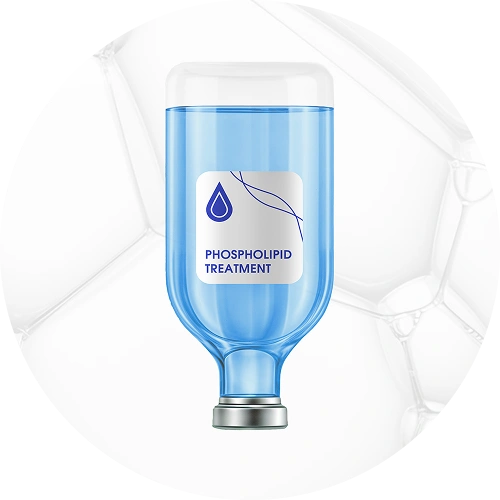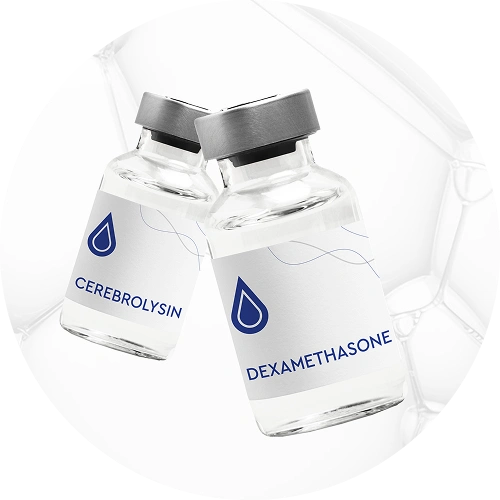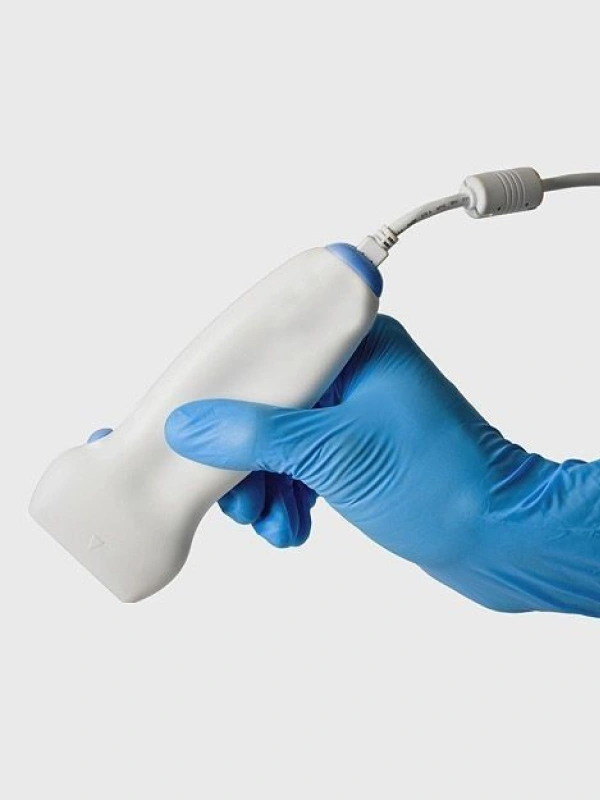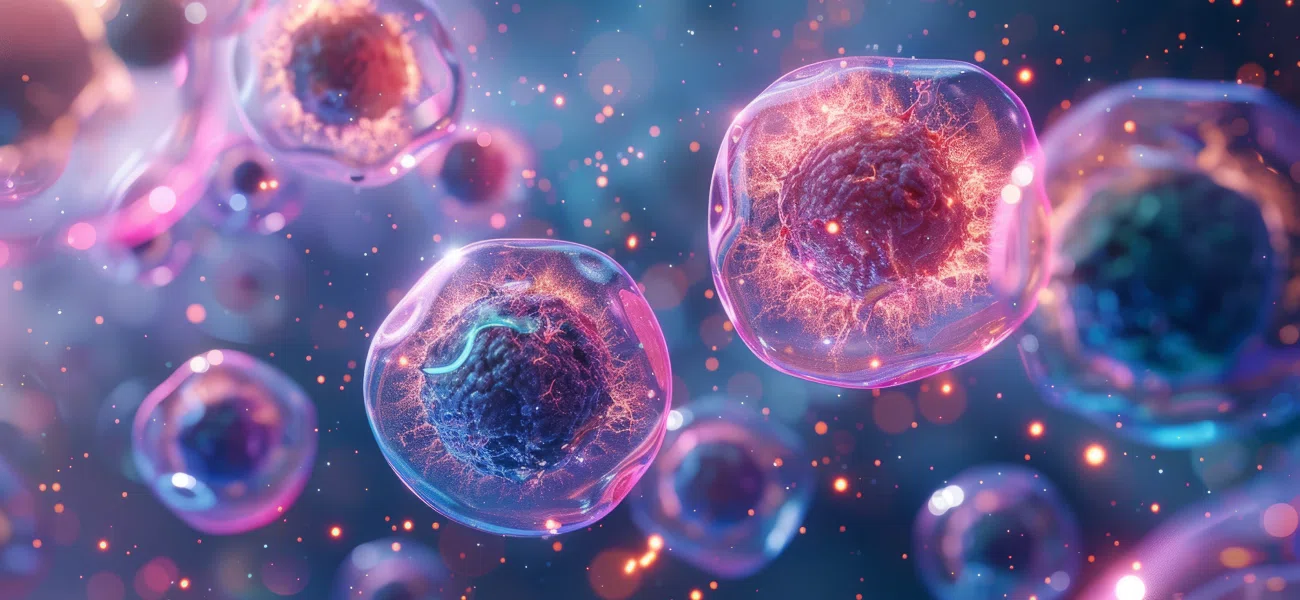Vitamin A (retinol)
A fat-soluble vitamin necessary for the synthesis of visual pigment (rhodopsin), regulation of cell growth and differentiation, maintenance of epithelial tissue and immune function.
Normal range: 0.3–0.8 mg/l
Reasons for increased values: Excessive intake with supplements, long-term use of retinoids, liver disease with impaired utilization of vitamin A
Reasons for decreased values: insufficient intake with food (vegetarianism, hypocaloric diet), malabsorption, liver and pancreatic diseases, chronic infections
Vitamin B1 (thiamine)
A water-soluble vitamin necessary for carbohydrate metabolism, transmission of nerve impulses and heart function. Deficiency disrupts energy metabolism in tissues with high metabolism.
Normal range: 66–200 nmol/l
Reasons for increased values: taking high doses of the vitamin in the form of supplements
Reasons for decreased values: alcoholism, chronic gastrointestinal diseases, nutritional deficiencies, diabetes mellitus, long-term diuretic therapy
Vitamin B2 (riboflavin)
Participates in the synthesis of enzymes, the work of the mitochondrial respiratory chain and tissue repair. Important for the skin, mucous membranes, eyes and iron metabolism.
Normal range: 137–370 nmol/l
Reasons for increased values: taking supplements
Reasons for decreased values: deficiency in the diet, malabsorption, liver disease, oral contraceptive use, chronic stress
Vitamin B3 (niacin/nicotinic acid)
It is part of the coenzymes NAD and NADP. Regulates energy metabolism, participates in lipid metabolism, helps normalize cholesterol levels.
Normal range: 0.5–8.45 µmol/l
Reasons for increased values: therapeutic use in hyperlipidemia, taking supplements
Reasons for decreased values: tryptophan deficiency, nutritional deficiency, alcoholism, chronic bowel disease
Vitamin B5 (pantothenic acid)
Is a component of coenzyme A, participates in the synthesis of fatty acids, steroids, acetylcholine. Important for the functioning of the adrenal glands and the central nervous system.
Normal range: 1.6–2.7 µmol/l
Reasons for increased values: taking vitamin complexes, increased release during tissue breakdown
Reasons for decreased values: protein and calorie deficiency, antibiotic use, malabsorption, chronic inflammatory bowel disease
Vitamin B6 (pyridoxine)
Necessary for amino acid metabolism, synthesis of neurotransmitters (serotonin, dopamine), heme formation, regulation of the immune response.
Normal range: 20–125 nmol/l
Reasons for increased values: overdose with dietary supplements, chronic liver disease
Reasons for decreased values: use of isoniazid, cycloserine, oral contraceptives, alcoholism, gastrointestinal diseases, renal failure
Vitamin B12 (cyanocobalamin)
Participates in DNA synthesis, cell division, hematopoiesis and the functioning of the nervous system. A deficiency leads to megaloblastic anemia and neurological disorders.
Normal range: 197–771 pg/ml
Reasons for increased values: supplement use, myeloproliferative disorders, liver disease, renal failure
Reasons for decreased values: atrophic gastritis, gastric resection, vegetarianism, malabsorption, parasitic infestations (eg, dipylidiasis), metformin intake
Vitamin C (ascorbic acid)
An antioxidant, necessary for collagen synthesis, wound healing, immune function, iron absorption. Participates in protecting cells from oxidative stress.
Normal range: 26–85 µmol/l
Reasons for increased values: taking high doses of the vitamin, rarely - tumors with active metabolism
Reasons for decreased values: deficiency in diet, smoking, infections, stress, chronic inflammation, hemodialysis
Vitamin D (25-hydroxyvitamin D/25(OH)D)
Regulates the absorption of calcium and phosphorus in the intestine, participates in immune, hormonal and bone regulation.
Normal range: 30–100 ng/ml (75–250 nmol/l)
Reasons for increased values: vitamin D overdose, granulomatous diseases, some lymphomas
Reasons for decreased values: hypovitaminosis due to sun deficiency, bowel, liver, kidney diseases, obesity, glucocorticoid use
Vitamin E (tocopherol)
An antioxidant, protects cell membranes from peroxidation, participates in reproductive function, immune regulation and tissue protection.
Normal range: 5–20 µg/ml
Reasons for increased values: excessive supplementation, hyperlipidemia
Reasons for decreased values: fat malabsorption, liver disease, lack of fat in the diet, chronic diarrhea, cystic fibrosis
Vitamin H (biotin)
Coenzyme in the metabolism of carbohydrates, fats and amino acids. Supports healthy skin, hair and nails.
Normal range: 133–329 pmol/l
Reasons for increased values: taking supplements, rare metabolic disorders
Reasons for decreased values: dysbiosis, long-term antibiotic therapy, dietary deficiency, smoking, pregnancy, treatment with anticonvulsants





















